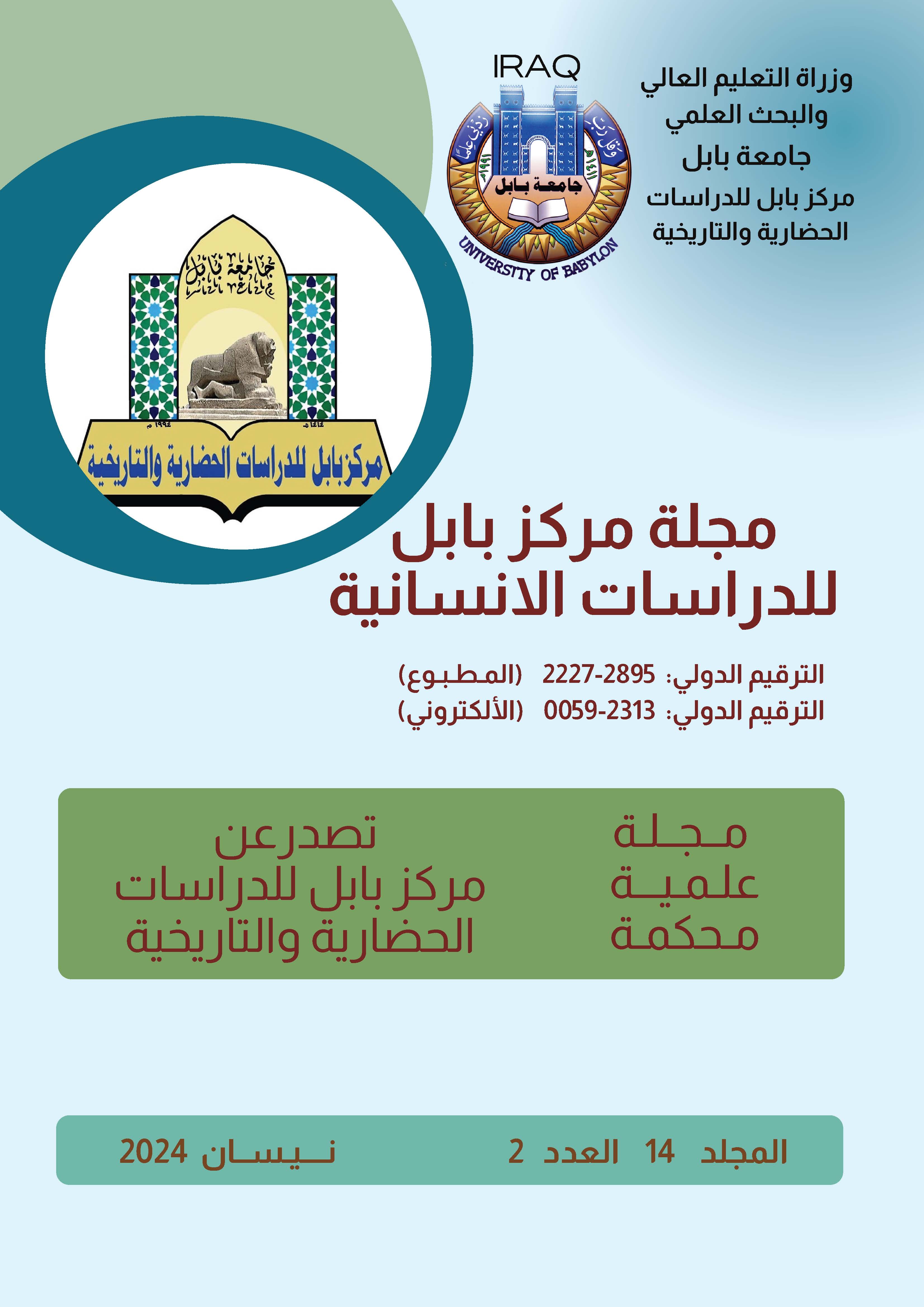The impact of informal institutions on US foreign policy decision-making
Keywords:
United States, history of American foreign policy, informal American institutionsAbstract
The foreign political decision-making process in the United States is one of the pillars of understanding the history of American foreign policy. The foreign political decision-making process can be analyzed from many angles and aspects, including: US foreign policy trends, patterns, and behaviors, or the set of actions adopted by the United States in the face of international crises in the century In the past, the political decision-making process in the external sphere is not limited to official bodies and institutions only, but also includes informal structures and institutions that enjoy political influence and participate in influencing the American political decision-making process. The political parties, pressure groups, public opinion, the media, research centers and American think tanks are among the most prominent of those institutions that have influenced the foreign political decision-making process in relation to contemporary American history:- The relationship of political decision-makers with unofficial American parties was not devoid of positive incentives that interacted with certain elements, such as sufficient awareness of the national strategy, skill, and personal experience, which subsequently produced specific results that contributed to the formulation of the American foreign decision regarding many of the events that occurred. The United States resolved them in its favor over the past century, such as issues in the Middle East and some crises in the continents of Asia and Latin America. Preparing studies, coordinating information, proposing action options for various issues, and the process of collecting information is carried out by what connects these informal institutions from official bodies such as the Ministry of Defense, Foreign Affairs, Finance, Trade, and the Central Intelligence Agency, analyzing it, coordinating it, and recommending that appropriate measures be taken regarding it. After submitting it to external decision makers, and this is what our historical study will examine







